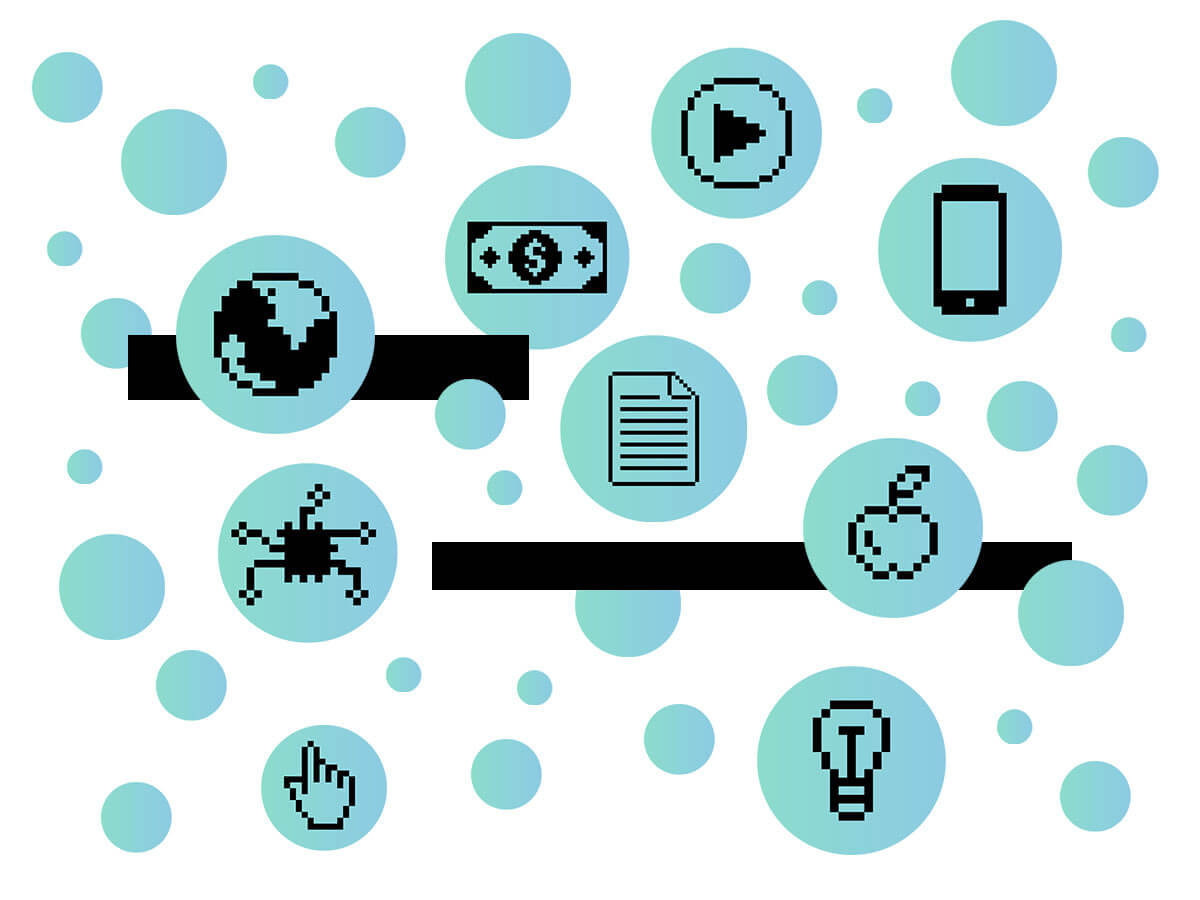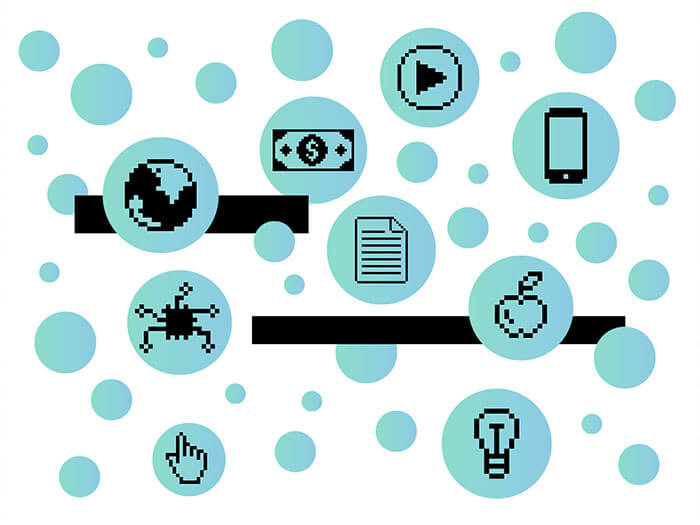
The future of education in accounting has arrived
 The accounting profession quickly adapted to online digital learning at the beginning of the pandemic, and the transformation continues to provide many benefits
The accounting profession quickly adapted to online digital learning at the beginning of the pandemic, and the transformation continues to provide many benefits
When the pandemic sent the world into lockdown, the accounting profession quickly adopted digital learning solutions to safely educate and test its members and students. Several professional designation examinations shifted online using digital invigilator programs, while in-person educational conferences, workshops and events all became virtual.
Accounting associations across the globe went into action. The Institute of Chartered Accountants in England and Wales (ICAEW) introduced remote invigilation for its associate chartered accountant (ACA) qualification exams and digitally published learning materials on an online “bookshelf” (saving 262 tonnes of paper in the process). In December 2020, Chartered Accountants Australia and New Zealand (CA ANZ) partnered with a local educational technology platform to deliver examinations directly to 25,000 candidates online every year. More recently, the Institute of Chartered Accountants of India (ICAI) launched a new interactive learning app, allowing students to view previously recorded lectures and download course notes and assignments. Here in Canada, the profession is developing a new Competency Map laying out the framework for further development in digital education and the types of skills CPAs will need to gain for the future.
Nearly two years later, the digital transformation of accounting education shows no signs of slowing down. Keen to capitalize on the improved accessibility and flexibility that virtual learning offers, professional accounting bodies and organizations are ramping up their online education investments like never before.
Accountants are eager to learn new skill sets that will better equip them for a digital business landscape. A November 2020 survey conducted by the U.K.-based Association of Chartered Certified Accountants (ACCA) revealed that, while 57 per cent of respondents had no knowledge of coding, 40 per cent expressed an interest in learning. All of the respondents wanted to learn how to code at some point in the next three years, the survey said. “Not every professional accountant may need to code, but even a basic understanding can add value to their organizations, help to differentiate themselves and open future career opportunities,” says Narayanan Vaidyanathan, ACCA’s head of business futures.
The new map explicitly incorporates in-demand skills that will empower CPAs to interpret historical data to make value-added impacts
As part of CPA Canada’s Foresight initiative, the CPA Competency Map Task Force was established last year with a mandate to identify skills like coding, among many others, that CPAs will require in the near future. “The profession has recognized that the world is changing and, as a profession, we need to change along with it to stay relevant,” says FCPA Tim Jackson, CPA Competency Map Task Force chair and CEO of Shad Canada.
To create a forward-thinking Competency Map, Jackson and his team—which includes representatives from industry, academia and the public sector—started with a blank-page approach that addressed the evolving expectations from clients and stakeholders of what a CPA can and should provide. “Accountants have always been involved in validating historical data,” he says, “but the new map explicitly incorporates in-demand skills that will empower CPAs to interpret historical data to make value-added impacts, whether they work for non-profits, the government or the private sector.”
Building on an ethical mindset and foundational professional competencies in areas such as organizational behaviour and sustainability, Competency Map (CM) 2.0 has been broadened to emphasize the importance of sub-foundational competencies, like diversity, equity and inclusion, as well as emerging and transformative technologies, including artificial intelligence, intelligence augmentation and distributed ledger technology. “Our aim is an evergreen map that isn’t prescriptive or dogmatic so, while the foundational and sub-foundational core competencies remain the same, the rest of the map can evolve as the world around us continually evolves,” says Jackson.
The first draft of CM 2.0 was released for consultation in July, with the final version due to be published this winter. But CM 2.0 is just the beginning of a journey that will continue with the profession’s ongoing Certification 2.0 project. “CM 2.0 is the driving force behind the development of new education and certification programs that the profession will be rolling out in the next few years,” says Tami Hynes, CPA Canada vice-president, precertification education. “This next phase will see CPAs and certification experts work together to translate CM 2.0’s vision into a reality.”
Similar efforts are underway throughout the accounting world. In the past year, new curricula and educational programs that prioritize future-focused skills like digital literacy have been either introduced or announced by professional accounting bodies in several countries, including India, South Africa, Australia and New Zealand. Earlier this year, the U.K.’s ICAEW even incorporated data analytics software into certain exams, “enabling students to explore and interrogate ‘real’ client data for their answer,” helping them demonstrate analytical and interpretive skills.
In the United States, the Association of International Certified Professional Accountants (AICPA) recently released its CPA Evolution Model Curriculum, a sample guide designed to provide educational institutions with a blueprint to update their program and course offerings for aspiring CPAs.
The new curriculum was created following a nationwide survey conducted by AICPA earlier this year that exposed a major learning gap, says Jan Taylor-Morris, AICPA’s senior director, academic-in-residence. The survey asked accounting department chairs at educational institutions across the United States if their curricula covered increasingly vital business tech subjects such as predictive analysis and digital acumen. Of the eight subjects included in the survey, only two (data analytics and IT audit) were being taught by more than half of the participating schools.
“We’re in the midst of transformative change that will modernize education as we know it”
“The survey results made it clear we needed more accounting programs to help students receive education in emerging technologies, like blockchain and machine learning, that are changing how we practise our profession,” says Taylor-Morris. She helped draft the curriculum as head of AICPA’s academic and student engagement team, in partnership with the National Association of State Boards of Accountancy (NASBA). The 91-page CPA Evolution Model Curriculum, which is available online for free, will act as a potential guide for educators, as well as a framework for skills assessed in upcoming CPA exams.
The investments by professional accounting bodies are part of an unwavering surge in digital education—the market is projected to become a US$108-billion global industry by 2026. Educational publishing giant McGraw Hill experienced double-digit year-over-year growth in 2021, with 1,400 campuses in the United States alone participating in its programming. McGraw Hill’s digital learning platform for higher-education institutions, Connect, saw student registration increase by 27 per cent in 2021, with more than six million currently enrolled globally.
This remarkable growth coincides with digital innovations driven by the challenges and limits imposed by COVID-19. In Waterloo, Ont., tech company Maplesoft is harnessing intuitive artificial intelligence software to help high school and post-secondary students (as well as researchers at organizations from Google to NASA) solve advanced math problems. In Montreal, Paper Education Co. Inc.’s instant messaging platform seamlessly connects tutors with up to one million students across the United States, helping it become one of Canada’s fastest-growing software companies.
“We’re in the midst of transformative change that will modernize education as we know it,” says Hynes, who adds that she is excited about the new capabilities and proficiencies that the next crop of CPAs will bring to the profession in the coming decades. “CM 2.0 offers a broad and relevant scope for what a modern accounting professional will look like and gives aspiring accountants the tools to answer key questions: ‘Why am I interested in this profession? What does it offer? And where will it lead me?’ ” she says. “We still have a lot of work to do before we know exactly where [the Competency Map] will take us, but it’s simply inspiring to be part of this profession-wide visionary change.”
DATA DRIVEN
Read more about the Competency map task force. Plus, find out how CPAs are preparing to handle big data and learn about CPA Canada’s Data management certificate program.